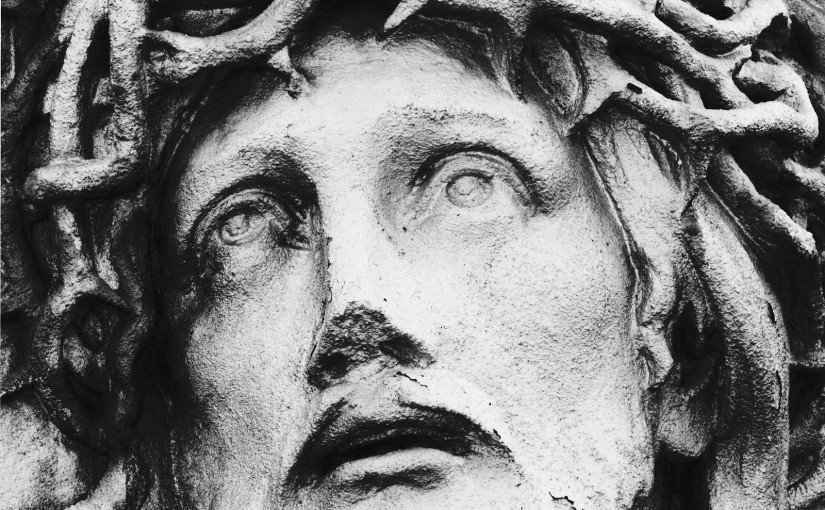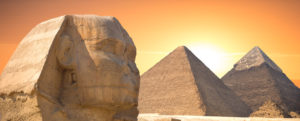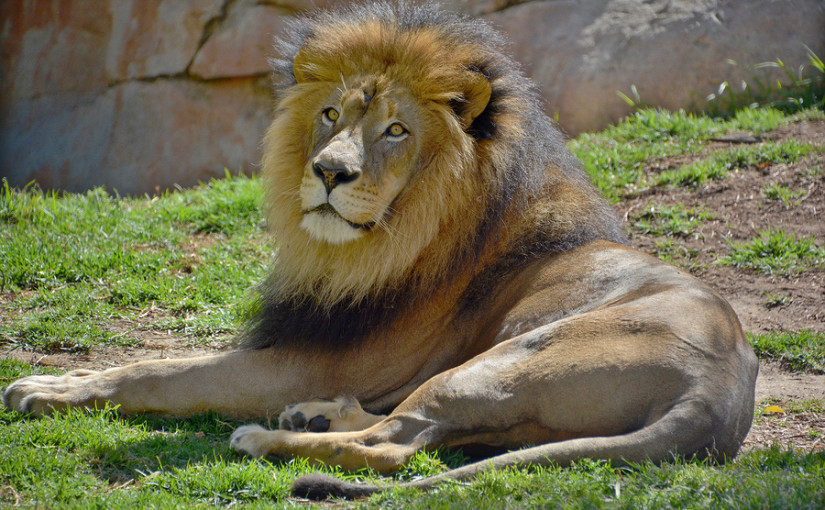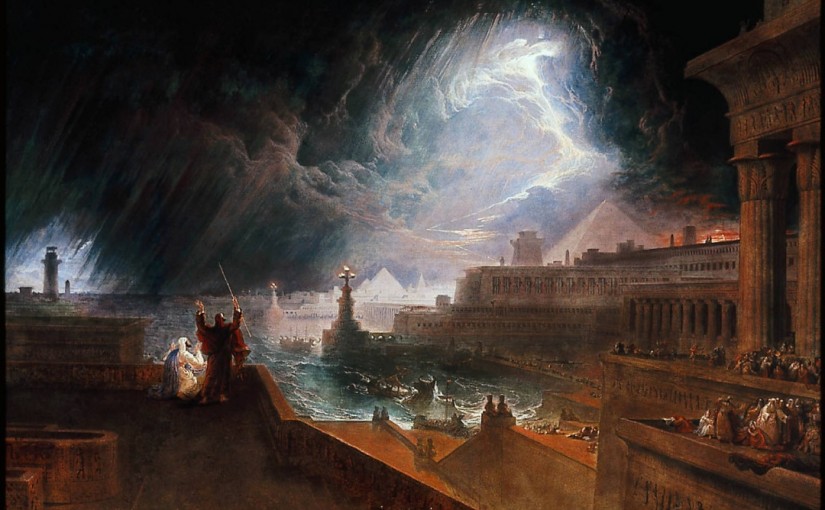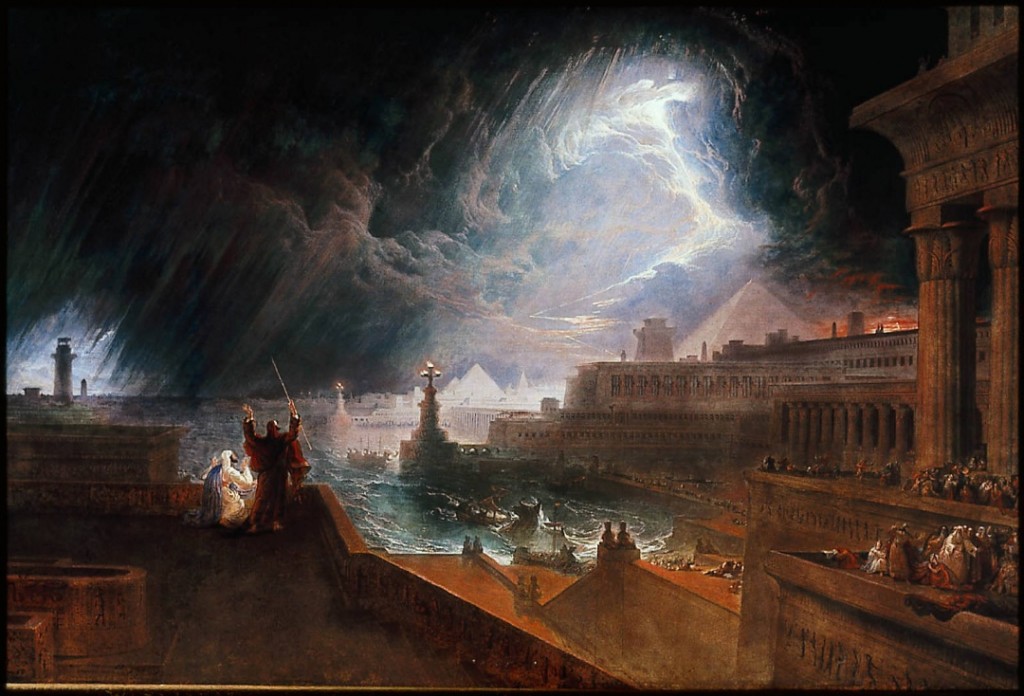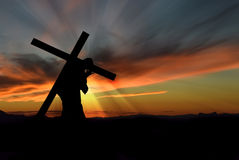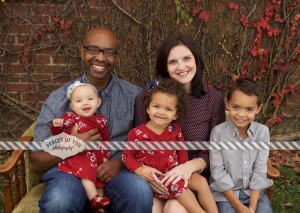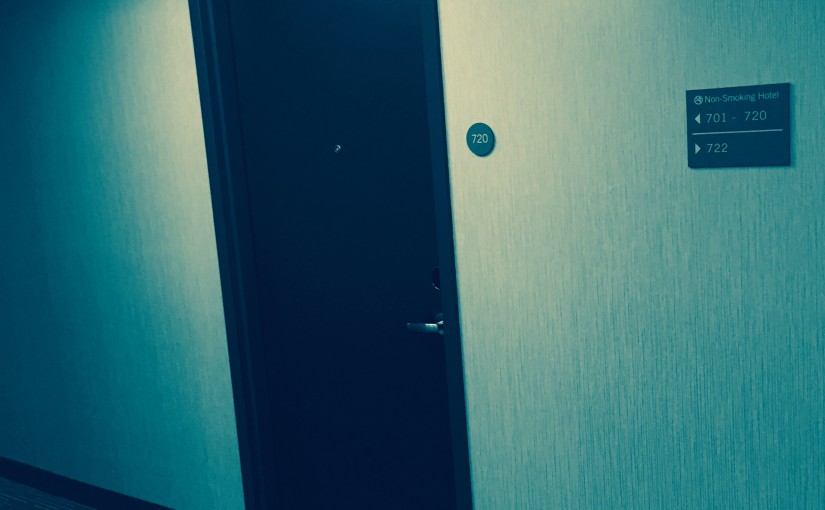Today’s reading: Exodus 11–12:21; Luke 14; Job 29; 1 Corinthians 15
Don’t we all want deliverance from something? Maybe not all the time, but at some point in our lives, being set free from some kind of oppression, or being spared some form of hardship, is a big deal. What would it mean for us, if in those times, our problems just passed over us?
In today’s reading, Moses warns of another great plague. This time, Pharaoh is told that death will come to each firstborn throughout the land — simply terrifying!
Moses then instructs the Israelite’s to sacrifice a spotless lamb, and by marking their doors with its blood, they will be delivered from this final plague upon Egypt. Then they are told to prepare and roast the lamb and eat, in celebratation of the first feast of the Lord’s Passover. It is a feast that signifies many things; the connection between sacrifice and atonement, the deliverance of God’s people, and it also marks the fresh beginning of the new year. But the one thing I find most remarkable, is how it foreshadows the sacrifice of Jesus, a real person (filled with the Holy Spirit) who came into the world for the purpose of reconciling man to God, delivering us from our sin and the law, and giving us a fresh start. Christians across the world believe Jesus to be the Divine, spotless, sacrificial, “Lamb of God.”
The next day John saw Jesus coming toward him and said, “look, the Lamb of God, who takes away the sin of the world! -John 1:29
Christ followers are also called to live lives of sacrifice. But what is it are we called to sacrifice (and why)? In a word–everything. This can be a very disturbing thought, especially if we have a lot of stuff, and we love our lives — the very things that get in our way when we try to get closer to God. We are called to release our claim of ownership and control of these earthly treasures, as well as our comforts and pride. Interestingly, by letting go of things that do not give us true peace, or eternal security, we find ourselves better able to receive the wisdom, and the lasting peace promised in the Bible. Ironically, in the struggle to hold on to these things too tightly, we are also able to see and hear from God. For me, this has come in the anxiety of trying to control the world that I want to build for myself, or in the disappointment and lack of deeper fulfillment that results from feeding my flesh, my ego or my treasury.
I declare to you brothers, that flesh and blood cannot inherit the kingdom of God, nor does the perishable inherit the imperishable. –1Corinthians 15:50
God in His wisdom, through his word, and in the experience of life, is trying to teach us something important. Will we listen? The thing is this; the life of our spirit is eternal, and as such, it is infinitely more important than the life of the flesh. Our challenge is to focus more on our spirit. This can be difficult in the midst of this often wonderful, physical, material, sensual life. Lives, which in the present seem durable, while rapidly slipping away.
To discover the spiritual kingdom of God that exists in our very midst, is difficult, especially in the affluence of consumerism. If we have too much, we cling to it, and if we don’t have enough, we either focus our energies to fight for what we want, or we acquiesce. Whether we compete or accede, we become followers of the world order; caught up in the desperate struggle to prove our worth. Or perhaps we give in to hopelessness, believing we have no value.
Surprisingly (as my wonderful wife Heather pointed out after returning from a mission trip to Haiti), in less prosperous economies, people can find true joy even in the midst of poverty. What a lesson that is! Perhaps in cultures that have not bowed down to the false gods of prosperity and self, it is easier to discover and experience the one true God. It is quite disturbing, that in this great land of freedom, an oppressor lurks. It is the false hope of prosperity and fame, that fans the flames of our idolatry. When this dwells within our spirits and our minds, and if we do not resist, then the things we think will bring us freedom and happiness, eventually will enslave us in despair, or worse, eternal separation from God.
Fortunately, it is by the blood of Jesus, the Lamb of God, that we have the power to be released from the treachery of oppression. By placing our treasures, titles and trophy’s at the foot of the throne of Jesus, we receive deliverance as God’s Holy Spirit leads us into a different life. This is the beginning of the eternal life that starts in the throne room of a celestial kingdom with our confession of faith. And it is by the sacrificial blood of Jesus alone that we are all able to enter into the presence of God despite our imperfections and poor choices — no matter what they are.
Then the Angel showed me the river of the water of life, as clear as crystal, flowing from the throne of God and of the Lamb –Revelation 22:1
God, thank you for sparing me from the death I deserve under the law. By the blood of your Son, your rath has passed over me and delivered me from my unrighteous path. I pray that you would be the focus of my thoughts, words and deeds. And in these things I would always bring glory to you — that my life would forever point the way to you. Amen.
